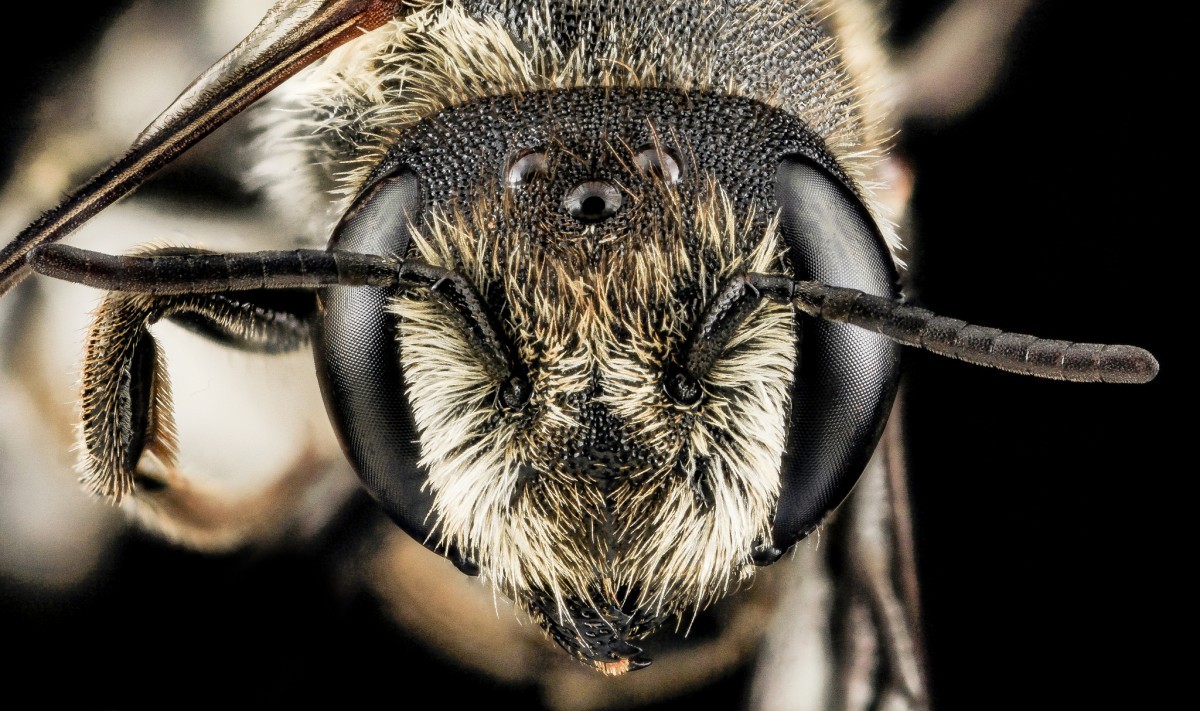
A nesting bee // Photo USGS Bee Inventory and Monitoring Lab.
CBC: Lack of bees poses big problems
A lack of wild bees and managed honeybees is limiting pollination and yields for certain crops on farms in British Columbia and across the United States, a collective of researchers has found.
Their study published Tuesday in the Royal Society’s journal Biological Sciences used data from more than 130 farms to assess the pollination of crop flowers and yield for apples, highbush blueberries, sweet and tart cherries, almonds, pumpkins and watermelon….
The researchers collaborated to gain a “comprehensive understanding of our reliance on a lot of these pollinators for these really vitamin rich, nutritionally rich foods,” said Kyle Bobiwash, a co-author and assistant professor in the department of entomology at the University of Manitoba.
Blueberry crops in B.C. were among those most affected by limited pollination, said Bobiwash.
On some farms, he said, “there was a tremendous amount of pollen limitation, meaning there were a lot of flowers not actually getting pollinated sufficiently to set fruit.”
But the results varied by farm, said Bobiwash, noting he was involved in earlier research that showed some farms where crops had better pollination boosted yields by as much as 30 per cent.
“It amounted to thousands and thousands of dollars per acre, just because they had slightly better bee populations than other farms.”
Better pollination can also produce heavier, more juicy and likely tastier berries, he said.
“If you have a lot of pollen and you’re setting a lot more seed, you really invigorate this berry and you get all those biochemical processes happening. So, it’s going to gain more water [and] sugar, it’s going to produce more secondary metabolites, which are the little flavour compounds.”
Global demand for crops that are dependent on pollinators has increased, said Bobiwash, while the development of those crops often cuts into bee habitat.
At the same time, he said, climate change could affect the close relationship between plants and pollinators.
“As temperatures warm, plants might respond by blooming earlier (and) bees might respond by emerging earlier. But that’s not guaranteed,” said Bobiwash.
“We might have a plant blooming before the pollinators it evolved with emerge.”
Increasing pollination and crop yield isn’t as simple as bringing more honeybees to every farm, said Bobiwash. While the study showed different bees provided comparable amounts of pollination for most crops, he said some responded best to honeybees, such as almonds in California, and others benefited most from wild bees.
The results of the study point to the importance of protecting and enhancing habitat for wild bees, which could include wildflowers and certain weeds that farmers would normally remove, he said.







